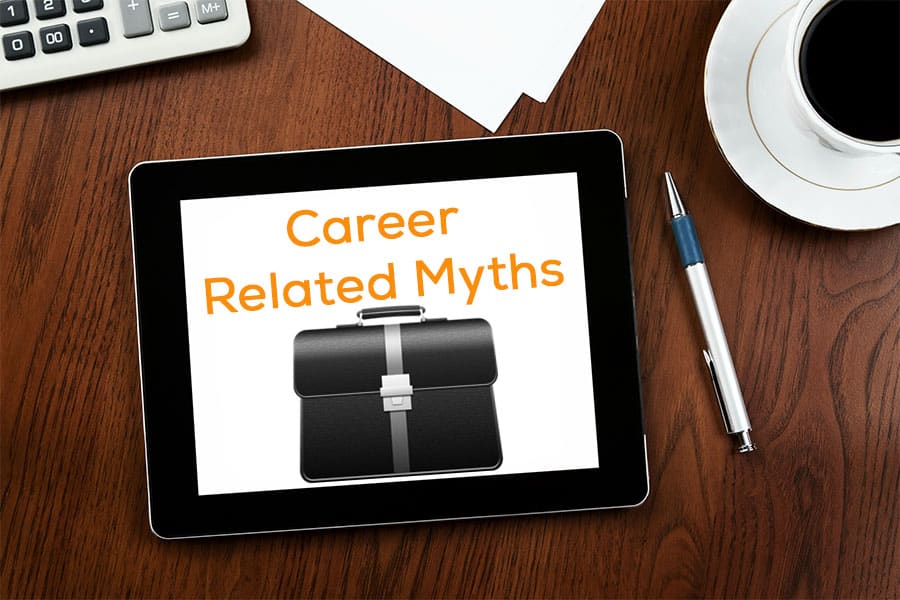What CEOs can learn from Abraham Lincoln and Steve Jobs?

World’s greatest corporate leaders, inventors, businesspeople and reformers say dumb stuff all the time. Facebook founder, Mark Zuckerberg once said of his customers, “They trust me — dumb f***s.”
Former Microsoft CEO Steve Ballmer was famously quoted as saying “Google’s not a real company. It’s a house of cards.” Acknowledge and you can learn — don’t acknowledge, and you will repeat again and again.
Here are few lessons CEOs can learn from President Lincoln’s toad to the White House, his resilience and creative style of leadership:
1816: Lincoln’s family was forced out of their home and he went to work to support them.
1818: His mother died.
1831: Failed in business.
1832: He ran for state legislature – guess what? HE LOST.
1832: he lost his job, was denied entrance to law school
1833: Borrowed money to begin a business – bankrupt within the year. (Spent the next 17 years paying off this debt.)
1835: Engaged to be married – sweetheart died.
1836: Had a nervous breakdown, spent six months convalescing.
1838: Sought to become speaker of the state legislature – defeated.
1840: Sought to become elector – defeated.
1843: Ran for Congress – lost.
1846: Ran for Congress again – won.
1848: Ran for re-election to Congress – lost.
1849: Sought the job of land officer in his home state – rejected.
1854: Ran for Senate of the United States – lost.
1856: Sought VP nomination at national convention – got fewer than 100 votes.
1858: Ran for U.S. Senate again – lost again.
1860: Elected president of the United States.
In his now-famous 2005 commencement speech to the graduates of Stanford University, Steve Jobs, the former CEO of Apple, reflected on a key turning point in his life – being fired by Apple. Just 30 years old and grappling with the loss of the highly successful company he’d founded, Jobs was crushed.
But instead of giving up, Steve Jobs decided to jump into the fray at his small startup, NeXT Computer (also called the NeXT Computer System), then another, Pixar – and of course, he found his way back to Apple after a decade of exile.
“It turned out that getting fired from Apple was the best thing that could have ever happened to me,” he said. “The heaviness of being successful was replaced by the lightness of being a beginner again.” With this, Jobs’ determination to rebound became central to his legacy.
It was Thomas Edison who declared, “I have not failed. I’ve just found 10,000 ways that won’t work.” He followed up with, “Negative results are just what I want. They’re just as valuable to me as positive results.”
So, if you’re looking for an instant inspiration or a quick way to boost your spirits, follow these People on Twitter:
His Holiness the Dalai Lama, shares his wisdom for having plenty of fun while managing a busy modern lifestyle. You can follow him on Twitter @DalaiLama.
Deepak Chopra, author, guru, and speaker believes we can have it all. You can follow Deepak Chopra on Twitter @DeepakChopra.
Nick Vujicic, Australian evangelist, motivational speaker, and a remarkably happy guy for someone born without arms and legs. You can follow Nick Vujicic on Twitter @nickvujicic.
Gene Weingarten is a Pulitzer Prize-winning journalist best known for his Washington Post Magazine column, “Below the Beltway.” You can follow Gene Weingarten on Twitter @geneweingarten.
Brendan Burchard is a motivational speaker and author of The Charge and The Millionaire Messenger. You can follow Brendan Burchard on Twitter @BrendonBurchard.
Geneen Roth is an author of several books about humans’ relationship with food. She tries to encourage a healthy lifestyle by studying the root of food addiction. You can follow Geneen Roth on Twitter @GeneenRoth.
Who are your favorite accounts to follow and why?
******
Want your business advice featured in CEOWORLD magazine? Submit your tips to tipoftheday@ceoworld.biz. Be sure to include your name, your job title, company website, and a photo of yourself in your email.
Bring the best of the CEOWORLD magazine's global journalism to audiences in the United States and around the world. - Add CEOWORLD magazine to your Google News feed.
Follow CEOWORLD magazine headlines on: Google News, LinkedIn, Twitter, and Facebook.
Copyright 2025 The CEOWORLD magazine. All rights reserved. This material (and any extract from it) must not be copied, redistributed or placed on any website, without CEOWORLD magazine' prior written consent. For media queries, please contact: info@ceoworld.biz









